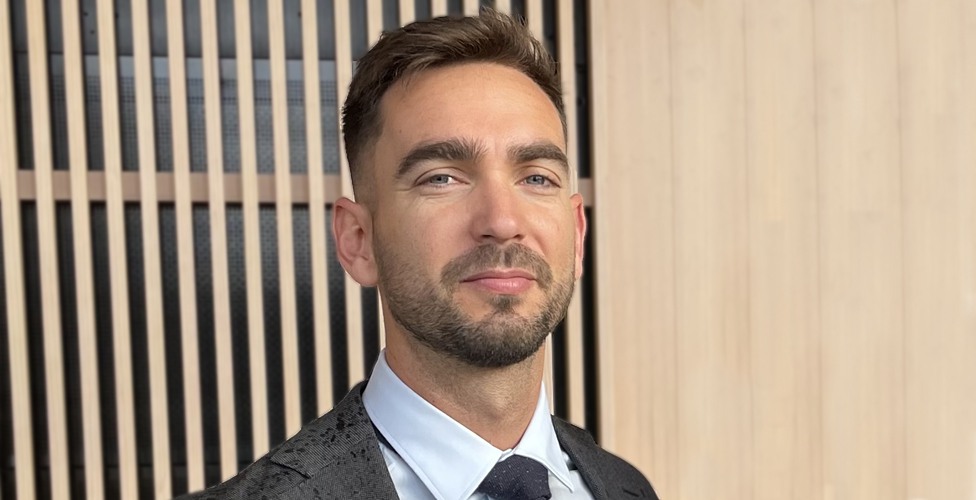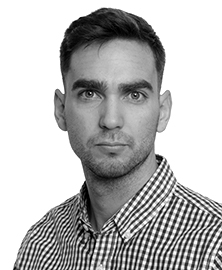Today's manufacturing industry faces tough competition. Producing high-quality products efficiently at a low cost is crucial, but it's also important to adapt manufacturing to changing customer needs and be able to reconfigure production. Carlos Alberto Barrera Diaz, a PhD student at the University of Skövde, has investigated how such manufacturing can be optimised.

In a rapidly changing global market, manufacturing companies are up against a challenging task: how to produce high-quality goods at minimal cost while quickly adapting to constantly changing customer demands and market variations. This is where PhD student Carlos Alberto Barrera Diaz comes into play.
A New Decision-Making Method
In his research, Carlos Alberto Barrera Diaz has explored how simulation-based multi-objective optimisation (SMO) can be applied to reconfigurable manufacturing systems (RMS). Okay, it might sound complex for a novice but hold onto your hat, an explanation will follow.
In the modern manufacturing industry, flexibility has become essential. The market can be hard to predict, customer needs change, and product requirements shift. RMS is a way to address this. RMS is like having a collection of building blocks that you can use to create various things, from a car to a castle. Instead of having a factory that can only make one thing, an RMS can change how it works and which machines it uses to produce different products depending on demand. But it's not without its challenges.
"An RMS is very complex, and companies that use such systems struggle with how the system should be configured, how resources should be allocated, and which machines should be used and when. SMO can be a way to address the challenges" says Carlos Alberto Barrera Diaz.
So, what is SMO? Imagine you're a chef trying to prepare a delicious and nutritious meal for a group of guests with very different tastes. SMO is like using a cooking app that can help you choose the right ingredients in the right amounts to satisfy as many guests as possible simultaneously.
Meeting the Challenge of RMS
The challenge lies in configuring an RMS efficiently, more specifically, deciding on the required number of resources, their allocation, and the task assignments. These complexities have prevented many manufacturing companies from fully embracing the approach, but many of these challenges can be addressed with SMO.
Carlos Alberto Barrera Diaz's work demonstrates the significant advantages that arise when SMO is applied to the design and management of RMS.
"By harnessing the power of simulation, SMO allows decision-makers to explore a variety of scenarios and identify the most efficient configuration strategies," says Carlos Alberto Barrera Diaz.
Carlos Alberto Barrera Diaz will defend his thesis “Simulation-based Multi-Objective Optimization for Reconfigurable Manufacturing Systems” at the University of Skövde on Friday, September 8, 2023.
Contact
PhD Student Informatics

Carlos Alberto Barrera Diaz
School of Engineering Science
